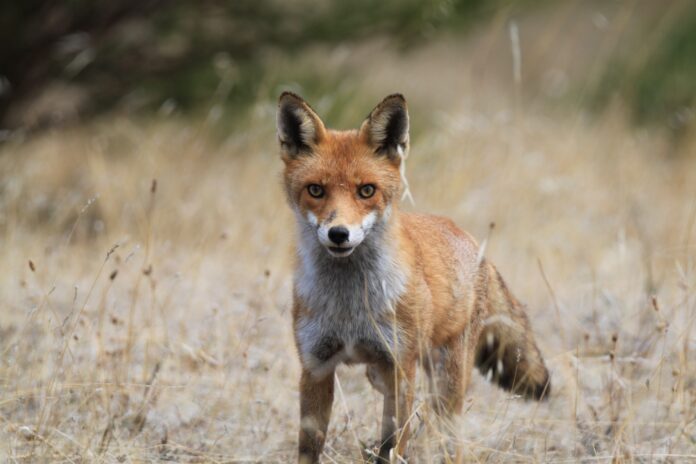Hundreds of invasive animals have been curtailed across the region, in a united effort between Sunshine Coast Council and the community.
A record amount of destructive pests – like deer, foxes, Indian mynas and more – were caught and removed through a variety of initiatives in 2023.
Council’s team rid 335 feral deer from registered properties in the region, almost triple the previous record set in 2021.
Councillor Peter Cox said better technology and improving staff skillsets and teamwork meant feral deer could be detected and euthanised quickly.
“New and improved thermal scopes mean our team can work during the night without stressing the animal or dispersing the herd, all while improving safety to livestock,” he said.
Do you have an opinion to share? Submit a Letter to the Editor at Sunshine Coast News via news@sunshinecoastnews.com.au. You must include your name and suburb.
“We’ve also seen an increase in private properties registered for deer control activities in the past year, as more landholders recognise the safety and effectiveness of this control program.”
Council staff removed 91 foxes through trapping across the region, alongside other fox control strategies including spring-activated baiting and den detection using conservation dogs.

Meanwhile, community trapping contributed to 1315 Indian myna birds being removed from the local environment.
Councillor Maria Suarez said Indian myna birds were highly territorial and would out-compete native species for food and nesting sites.
“These birds have invaded and become prolific throughout eastern Australia, and controlling populations in our region is only possible with strong community involvement,” she said.
“Thank you to everyone who has helped defend our region through community trapping, and I encourage those with Indian myna birds active on their property to learn how to trap and euthanise this species to help restore their backyard’s biodiversity.
“When residents learn about invasive species and how to protect their place, the whole region can enjoy a stronger environment and biodiversity.”

Invasive animals on the Sunshine Coast
- Feral deer impact agriculture, damage fragile habitats, spread disease and are a danger to road users.
- Indian myna birds spread disease, are highly territorial and out-compete native birds for nesting hollows.
- Foxes hunt native species and eat eggs of endangered Mary River, green and loggerhead turtles.
- Wild dogs pose a danger to pets and prey on livestock and native animals.
- Feral cats are opportunistic predators that hunt native species, small livestock and pets and can spread disease.
- Feral pigs damage fragile habitats, prey on native species and livestock and threaten agriculture.
- Rabbit sightings remain low in our region, but they have the potential to multiply rapidly to threaten native habitats and agriculture.
For more information, see council’s invasive animals page.
Subscribe to our FREE daily news feed. All it requires is your name and email at the bottom of this article.





